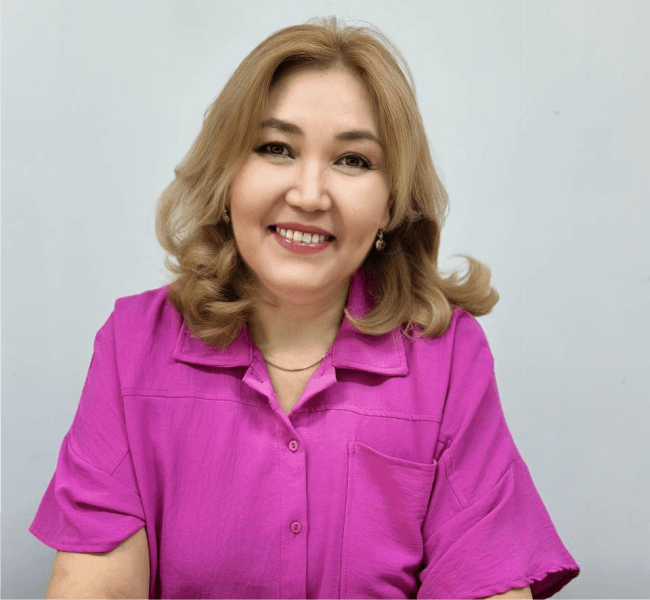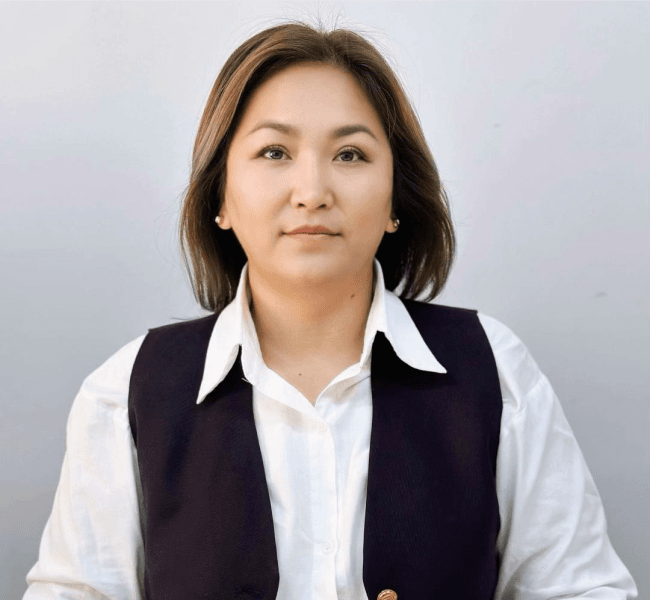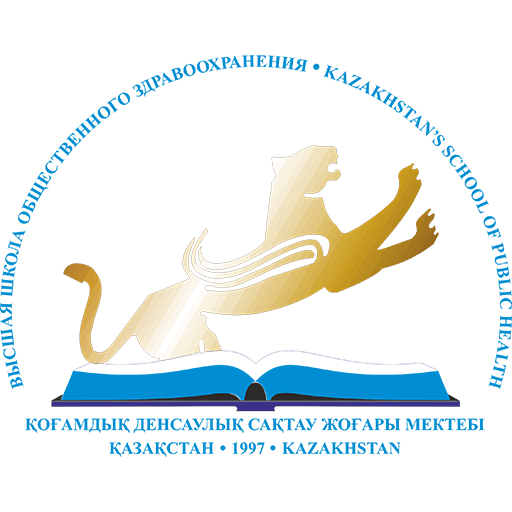
Abirova Akmaral
+7 777 747 33 23
a.abirova@ksph.edu.kz

Abdykalykova Ainur
+7 777 747 33 23

Tasbolat Aizat
+7 777 747 33 23
The objective of the Department of Residency is to organize and coordinate the educational process in residency programs, ensure high-quality training of medical specialists, develop a system of mentoring and practice-oriented learning, as well as monitor compliance of educational programs with state standards and international approaches to medical education.
Organizing the educational process in residency programs in accordance with state compulsory standards and the university’s internal regulations.
Coordinating residents’ academic, clinical, and research activities, ensuring continuity between theoretical training and practical experience.
Supporting individual study plans of residents and monitoring timely completion of educational programs.
Ensuring cooperation with clinical bases: assigning residents, appointing mentors, and monitoring the quality of practical training.
Organizing and overseeing intermediate and final assessments.
Providing methodological support to departments and mentors, participating in the development and updating of residency curricula.
Monitoring the quality of residents’ training, analyzing learning outcomes, and developing measures for improvement.
Managing documentation and reporting on residency programs, maintaining a database of trainees.
Planning and organizing the residency educational process across all programs.
Developing and maintaining teaching and methodological documentation (study plans, syllabi, curricula, etc.).
Coordinating the work of departments and clinical bases assigned to residents.
Organizing the mentoring process: assigning residents to mentors and monitoring the performance of clinical mentors’ duties.
Monitoring the implementation of residents’ individual study plans and maintaining the trainee database.
Organizing and conducting assessments, examinations, and final evaluations of residents’ knowledge and competencies.
Monitoring the quality of the educational process and preparing proposals for its improvement.
Organizing educational and cultural activities among residents to foster professional culture and medical ethics.
Collaborating with government bodies, clinical bases, and partners on residency training matters.

